- Search:
-
- Quicklinks:
Facilities & Resources
- iARTA Home
- Participants
- Projects
- Classes
- Facilities & Resources
- ART-TEC
- MÖBIUS
- Hybrid Arts Laboratory [HAL]
- News
- Contact
Specialized facilities, rehearsal and performance spaces, and computer labs facilitate research. These resources represent the infrastructure available to faculty and student researchers working toward innovative and interdisciplinary collaborations across the University of North Texas.
College of Music
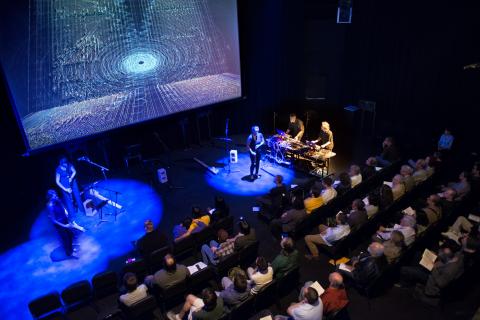
Center for Experimental Music and Intermedia
The Center for Experimental Music and Intermedia is an interdisciplinary center focused on music and arts technologies, housed within UNT's Division of Composition Studies. CEMI fosters integration of electroacoustic music, live performance, video/film, plastic arts, and theater. Since its 1963 inception as the NTSU Electronic Music Center, CEMI has evolved into an unique creative environment, world-renowned for innovative works and musicians. CEMI provides an environment for research, education, and public performance. CEMI's four studios and Merrill Ellis Intermedia Theater provide state-of-the-art support for research, creative work, performance and teaching with computer music and intermedia tools.
College of Visual Arts and Design
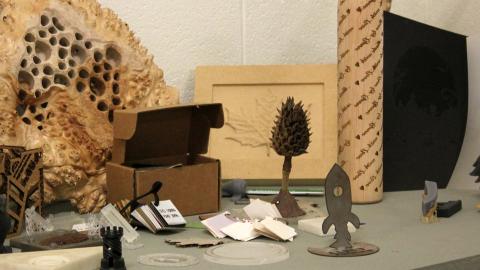
FabLab
The CVAD Digital Fabrication Lab (FabLab) is an open resource for current UNT College of Visual Arts and Design graduate and undergraduate students to make work utilizing the equipment we have available. The FabLab contains various 3d Printers, CNC routers, laser/plasma cutters, and scanners for realizing multiple types of digital fabrication.
College of Engineering
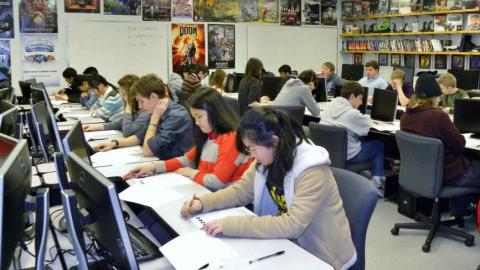
Computer Science and Engineering Research Labs
The Department of Computer Science and Engineering maintains several computer systems that are dedicated to research and education. Students are given access to a group of hosted virtual machines running Ubuntu Linux which provide general purpose computing via remote SSH connectivity. An Apache web server and a MySQL database server are also made available as part of this environment. Three teaching laboratories provide a Microsoft Windows-based learning environment for introductory computer courses and other course topics as needed. There are also teaching labs for embedded systems, networking and security, wireless communication and senior design.
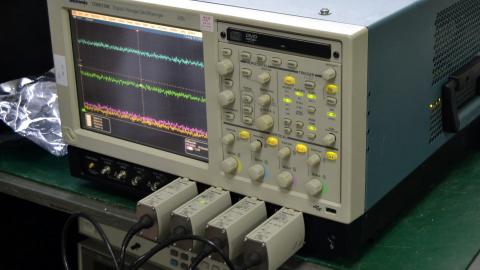
Electrical Engineering Equipment
Electrical Engineering at UNT works to maintain a competitive level of technical facilities & equipment. We provide students with a working knowledge of the tools required to excel in the field of electrical engineering. The used for research and study at UNT is often the same equipment used by professional engineers around the world.
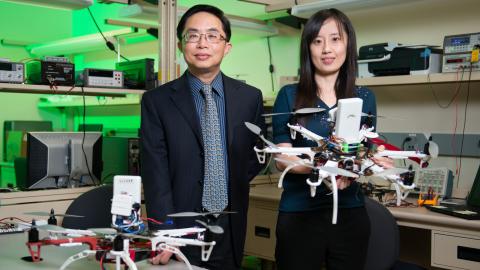
Electrical Engineering Research Labs
UNT's Electrical Engineering labs offer a wide variety of research opportunities and experiences for all of our students. Institutional labs can be used by any student, with or without faculty supervision, for any projects. As the name suggests, these often double as classrooms. Research labs are under the direct supervision of a faculty member and usually dedicated to a single research area. They often contain specialized equipment appropriate for study of the research area.
College of Arts & Sciences

Dance and Theatre Facilities
The department's two full-size performance venues are the University Theatre and the Studio Theatre, both in the RTFP building. The University Theatre is a proscenium stage with reserved continental seating. The Studio Theatre is a flexible performance space that changes according to the needs of each production. The Department has four dance studios in the Dance and Theatre Arts Building that are wood sprung. Dance classes feature live accompaniment. Students and faculty also have access to a new Dance/Theatre Technology Lab for working directly with digital media and computer technology.
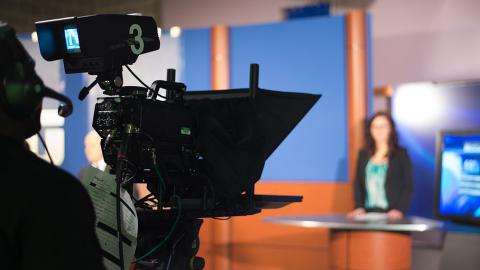
Media Arts Facilities
Radio, television, film and digital media platforms play a significant role in society by providing both entertainment and information in a constantly changing world. In a rapidly evolving marketplace, the Department of Media Arts prepares students with a wide range of knowledge and skills for careers in traditional media (broadcasting, film production, editing, on-air talent, audience research, media management) and emerging media (writing and producing for social media and digital media platforms).
College of Science
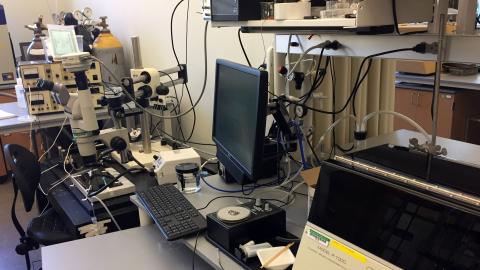
Developmental Physiology Lab
The Developmental Physiology Laboratory is part of UNT's Developmental Integrative Biology Research Group. Our research program, currently funded by the National Science Foundation (NSF) and the US Department of Defense (Navy), focuses on the developmental phenotypic plasticity exhibited by animals in their physiology, morphology and behavior. Our research answers broad, overarching questions involving the ontogeny and inheritance of physiological regulation, using a framework provided by the concepts of critical windows, developmental trajectories, epigenetics and fetal programming. Our Developmental Physiology Laboratory employs a wide variety of tractable animal models to understand how animals develop as they respond to both natural and anthropogenic environmental challenges.
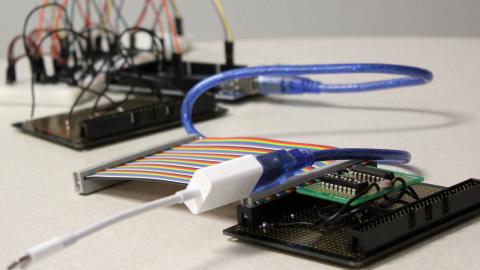
ERMES Group
The Department of Physic's ERMES Group focuses on the application of ab initio elEctRonic structure techniques to the theoretical study of important aspects of the physics of MatErialS. Current research programs focus on various aspects in the fields of computational materials and high performance simulations, such as: materials and processes for energy and environment applications, nano-catalysis, molecular electronics at the nanoscale and quantum electronic and thermal transport in molecules and molecular materials; physics and chemistry at interfaces and surfaces; theoretical developments of ab initio DFT-based methods, high-throughput techniques in materials genomics and computational materials design.
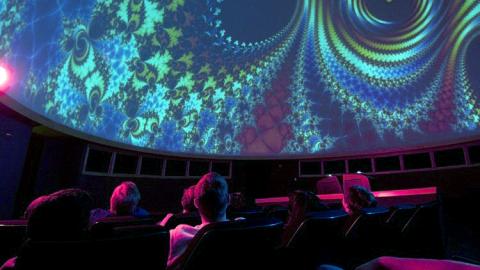
Sky Theater
The Sky Theater @ UNT is located in the Environmental Sciences Building on the University of North Texas campus in Denton, TX. This unique 100 seat, 40-foot domed theater features the Digistar V projection system that can reproduce tonight's sky with digital precision. The planetarium presents a variety of entertaining and educational programs for schools, the university and the general public.